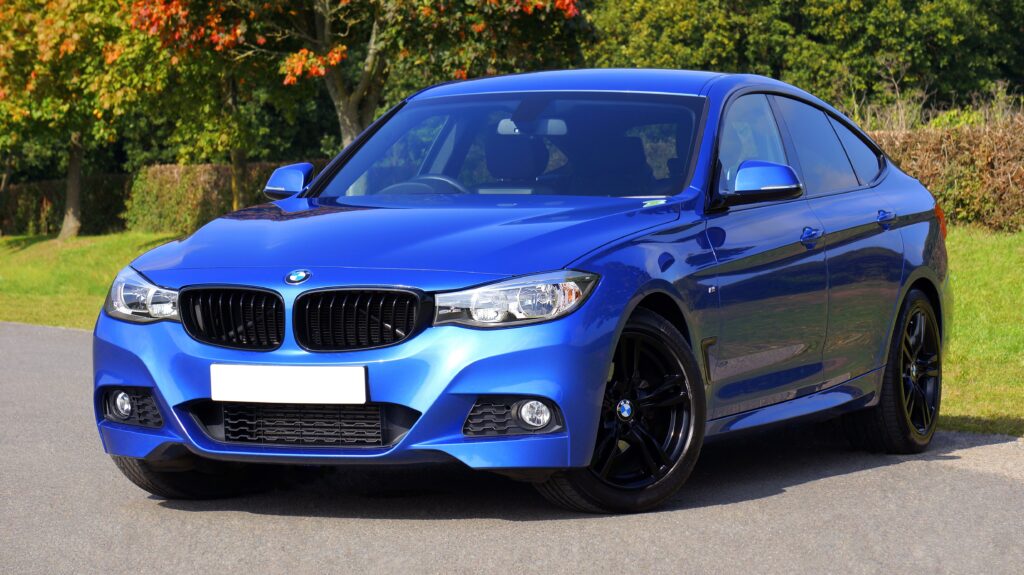Is it worth getting a car through PCP?

Personal Contract Purchase is a form of car finance which is a popular choice for many drivers. If you’re looking to get a car on finance and have never used PCP before, you may be wondering if it is suited to you. The guide below has been designed to look at how PCP works, the benefits and also a few factors that you should consider before you look to get a car on PCP. It’s worth remembering before you apply that car finance is never guaranteed and you will need to meet the lenders criteria before you can receive an approval. However, PCP can be a flexible form of car financing that can suit a range of different drivers.
What is PCP?
Personal contract purchase is a form of hire purchase car finance. Within a PCP deal, you can choose to finance a new or used car and make low monthly payments till the end of the agreed term. PCP is a popular choice for many drivers who want more flexibility from their car finance deal and don’t necessarily want to own the car at the end of the deal. The car finance lender owns the car through the finance term and can take the car off you if you fail to meet the repayment schedule. If you have a low credit score, you could still get approved for a car on PCP, but it can mean higher interest rates. For any type of car finance, it can be a good idea to improve your credit before you start applying to help get the best deal possible.
How does Personal Contract Purchase work?
At the start of your PCP deal, you can choose to put down a deposit or there are many deals that allow no down payment too. You then choose the car you like and spread the cost into affordable monthly payments till the end of the agreed term, usually over 3-5 years. Within a PCP deal, you usually benefit from lower monthly payments as your monthly amount does not cover the full value of the car but instead covers the rate of depreciation. This is the amount of value your chosen car loses from when you take out the agreement till it’s agreed end date. At the end of your deal, you then have 3 options.
- Hand the car back to the dealer once all payments have been made on time and in full and the agreement has ended.
- Use the value of your car as a part exchange towards a new car on PCP.
- Pay the large balloon payment at the end of the deal to keep the car.
Benefits of getting a car through PCP:
There are many benefits that attract drivers to taking out a PCP car loan.
- Low monthly payments. Due to the structure of PCP deals, drivers can benefit from lower monthly payments than other forms of finance.
- Get a better car. As you pay lower payments, PCP makes getting a newer, better car on finance more affordable and realistic. If you’re wanting to finance an Audi with a high purchase price, using PCP can help to make your payments lower and get the car that you want.
- Flexible options. PCP car finance is one of the most flexible forms of finance as you have more options at the end of your deal.
- Don’t have to own the car. Most drivers tend to choose to hand the car back to the dealer at the end of their car finance deal. However, if you’re enjoying the car, you have been driving, you also have the option to pay the balloon payment and keep the car.
Things to consider before taking out a PCP car loan:
As mentioned above, PCP isn’t suited to everyone and there are a few restrictions associated with this form of finance.
- Large balloon payment. The balloon payment on a PCP deal can be thousands of pounds to pay. If you do want to keep the car, you will need to pay the balloon payment and over the course of your finance term, it can be hard to make payments and also save money towards your balloon payment. You could also consider finding a lender to refinance a PCP balloon payment to help spread the cost and keep driving the car you love.
- Mileage restrictions. At the beginning of your car finance deal, you will be required to set an annual mileage limit. Lenders need to calculate the guaranteed future value of your car and can do this by predicting the mileage. If you fail to stick to your agreed mileage limit, you can incur additional fees to pay at the end of the agreement.
- Damage charges apply. Most drivers choose to hand their car back at the end of the deal and you will need to agree to keep the car in good conditional whilst you drive it. If you are prone to bumps and scraps to your vehicle, then PCP may not be the best option for you. If your vehicle exceeds reasonable wear and tear and the end of your deal, you will need to pay additional charges to cover the damage.





